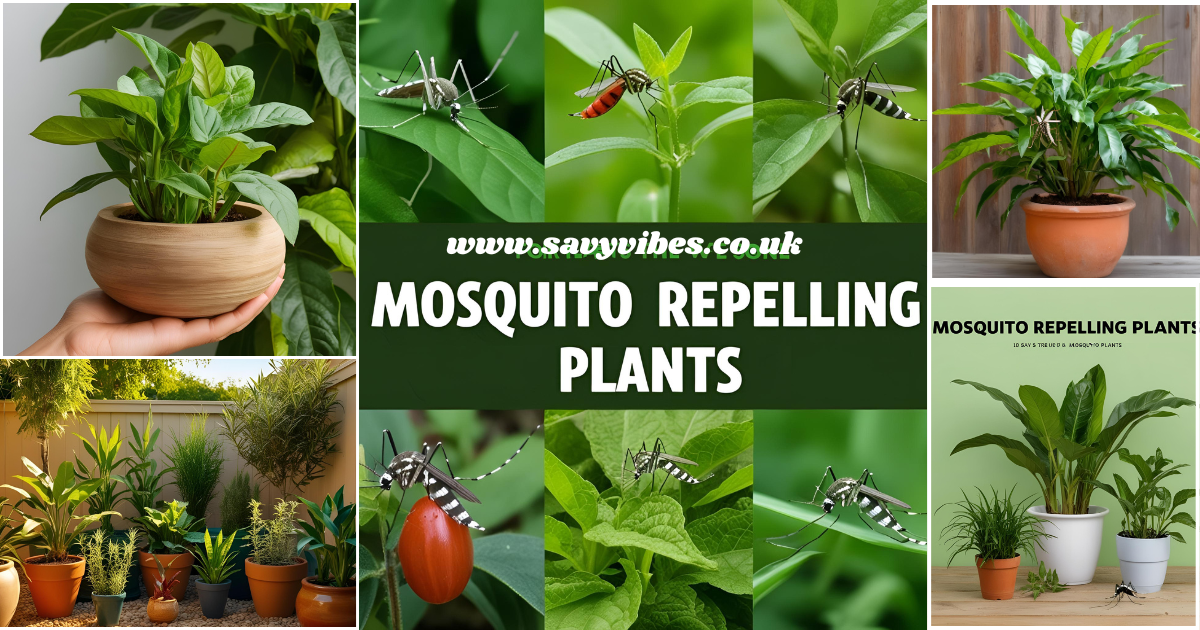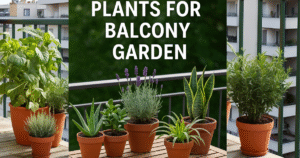When the sun sets and you’re ready to relax outdoors, one uninvited guest can instantly ruin the mood—mosquitoes. These tiny pests are annoying and can also carry harmful diseases like West Nile virus, dengue, and Zika. While chemical sprays and coils offer some protection, they come with toxicity and environmental harm concerns. That’s why many people turn to mosquito repelling plants as a safe, eco-friendly, and beautiful way to defend their outdoor spaces.
Why Choose Mosquito Repelling Plants?
Nature has already given us everything we need to create a mosquito-free zone. Certain plants contain natural oils and compounds like citronellal, limonene, and eucalyptol that act as powerful mosquito deterrents. These mosquito repelling plants emit scents that mosquitoes can’t stand—effectively masking the human scents that attract them.
These plants help you enjoy your yard or patio in peace and double as culinary herbs, medicinal aids, or ornamental garden features. If you want a safe, chemical-free way to enjoy your outdoor spaces, adding mosquito repelling plants to your garden is smart.
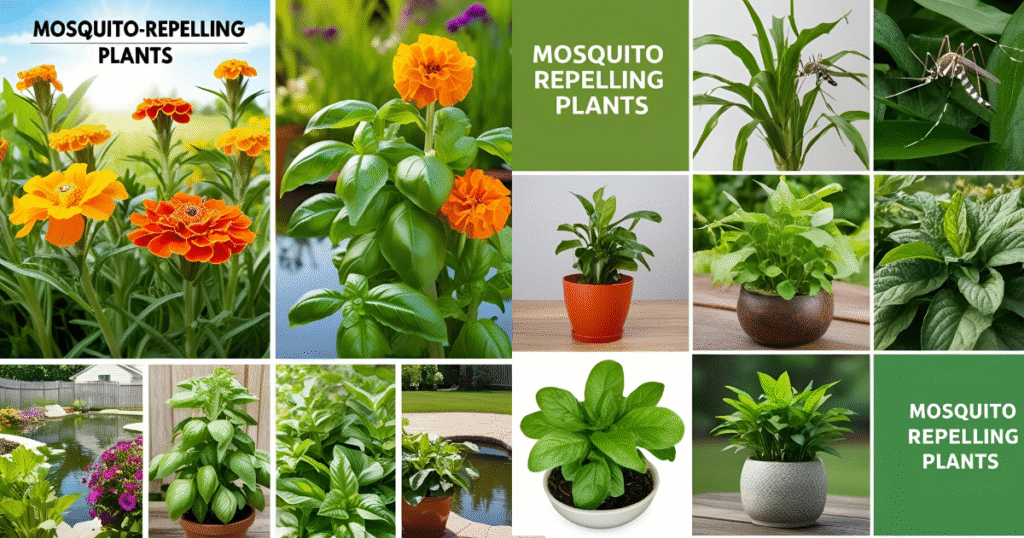
The Top 12 Mosquito Repelling Plants You Can Grow at Home
Here are twelve highly effective mosquito repelling plants that are easy to grow and perfect for any garden, balcony, or patio.
1. Citronella Grass (Cymbopogon nardus)
This tropical grass is perhaps the most famous mosquito repellant plant. It contains citronellal oil, which is widely used in mosquito sprays and candles. Its strong lemon scent confuses mosquitoes and keeps them at bay.
- Best location: Full sun, well-drained pots or beds
- Extra tip: Crush the leaves to release more scent when needed
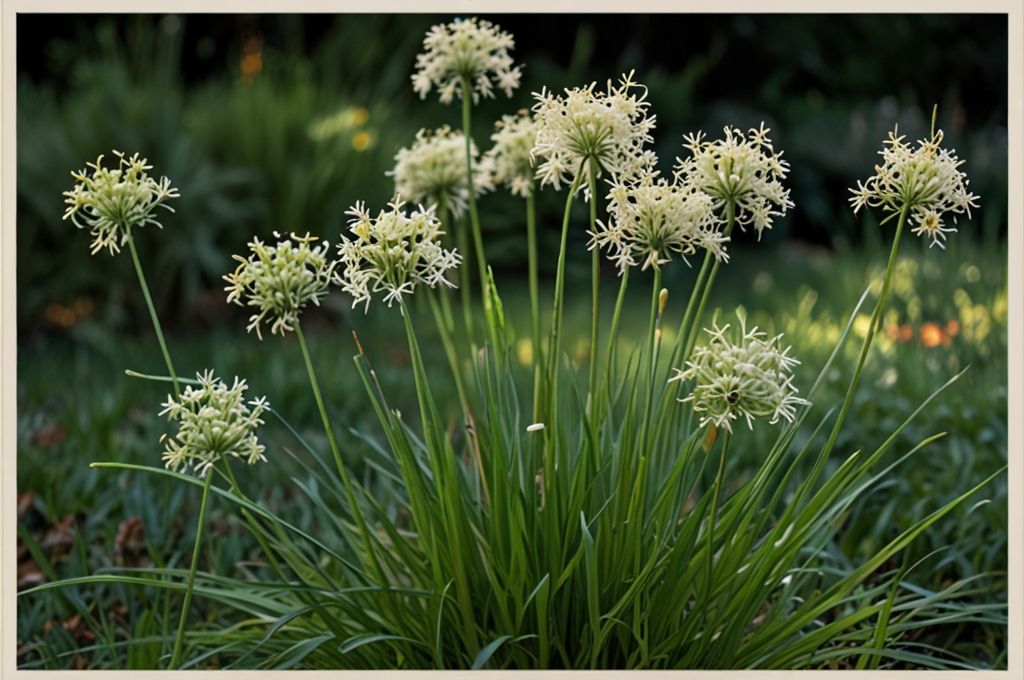
2. Lavender (Lavandula angustifolia)
Lavender’s soothing aroma may relax humans, but mosquitoes find it offensive. The oils in its leaves and flowers make it one of the best mosquito repelling plants.
- Ideal for: Flower beds, borders, or window boxes
- Bonus: Attracts pollinators like bees and butterflies
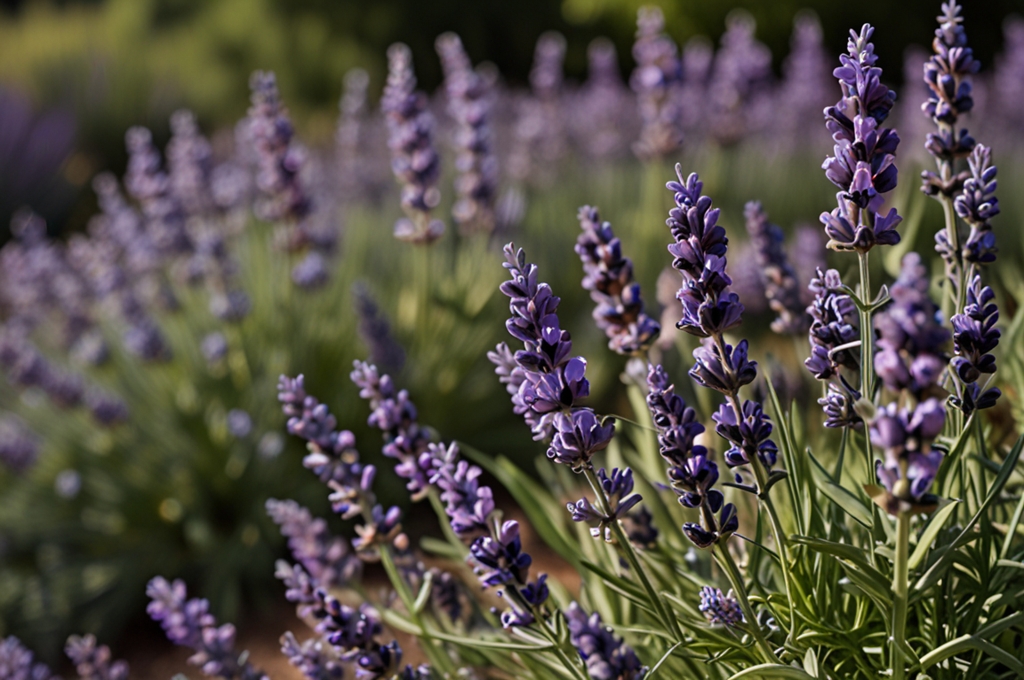
3. Marigolds (Tagetes spp.)
Bright and cheerful, marigolds are more than just pretty flowers. They contain pyrethrum—a natural insecticide used in many bug repellents. Their pungent scent drives mosquitoes away.
- Best use: Garden edges, vegetable gardens
- Extra perk: Repels aphids, nematodes, and whiteflies too
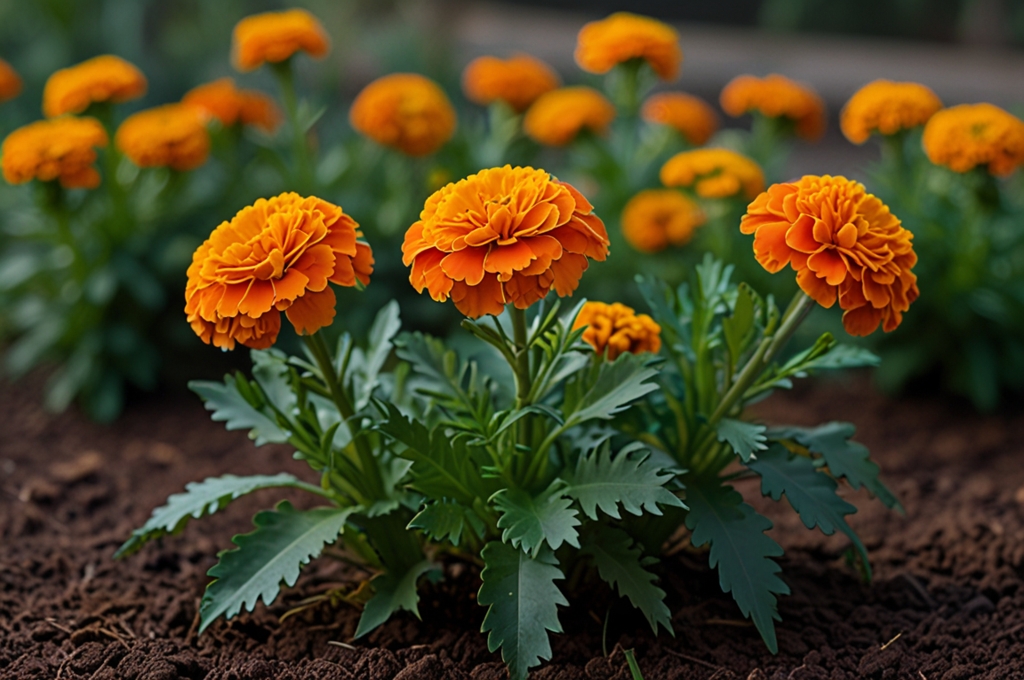
4. Basil (Ocimum basilicum)
Basil is not just for pasta! It emits a strong aroma that mosquitoes detest, primarily when the leaves are crushed. It’s one of the few mosquito repelling plants serving as a kitchen staple.
- Grow in: Containers near doors or kitchen windows
- Pro tip: Use varieties like lemon, basil, or cinnamon basil for added mosquito-fighting power.
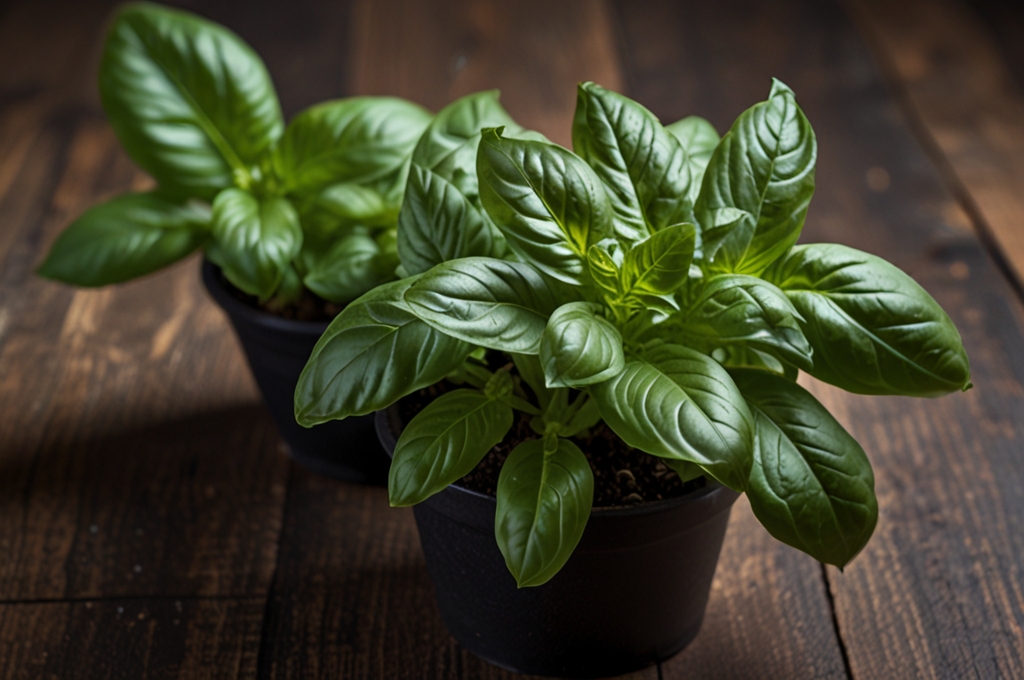
5. Peppermint (Mentha piperita)
The menthol in peppermint isn’t just cooling—it’s a natural deterrent for insects. Among mosquito repelling plants, peppermint is also great for homemade repellent sprays.
- Plant in: Pots (it spreads rapidly)
- Use it for Rubbing on the skin or brewing refreshing herbal teas
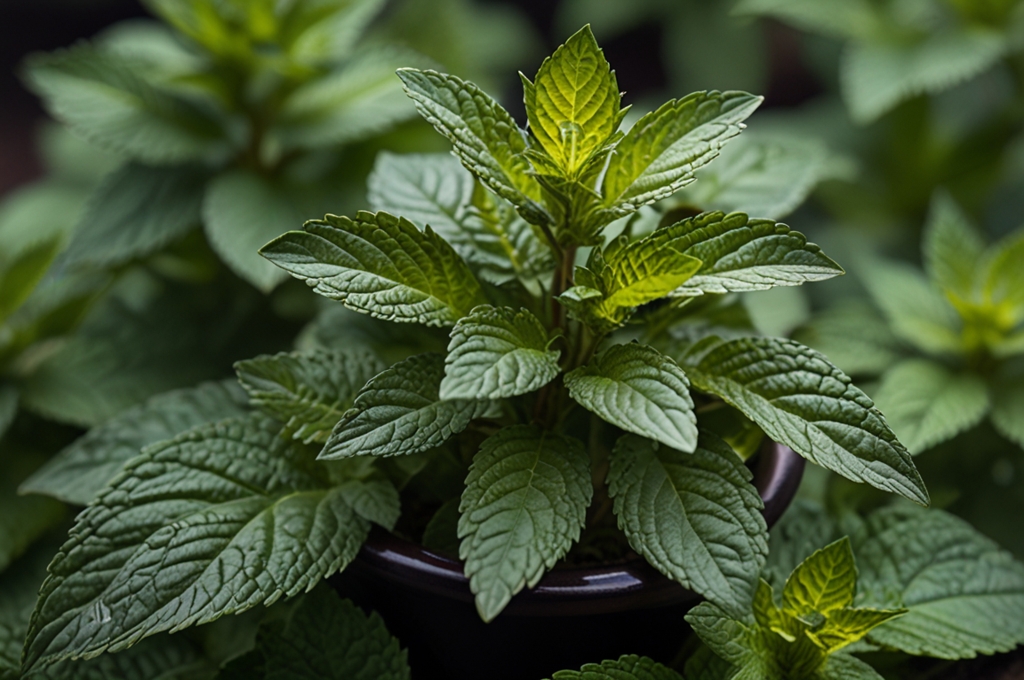
6. Rosemary (Rosmarinus officinalis)
This culinary herb also deters mosquitoes. The woody scent released from its needle-like leaves makes it one of the most useful mosquito repelling plants in any garden.
- Perfect for: Raised beds, herb spirals, or grilling areas
- Tip: Burn sprigs in the fire pit for added mosquito control
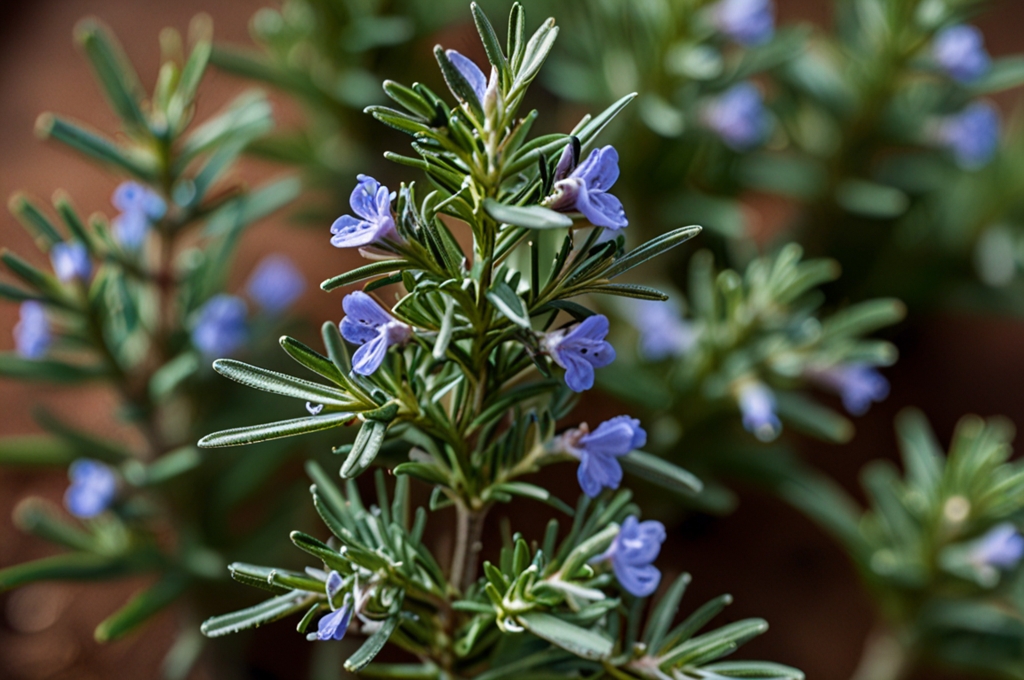
7. Lemongrass (Cymbopogon citratus)
Closely related to citronella, lemongrass contains citronellal oil in high concentrations. This hardy plant thrives in warm climates and is a top-tier pick for those seeking mosquito repelling plants.
- Requires: Full sun and well-drained soil
- Bonus: A great addition to teas and stir-fries
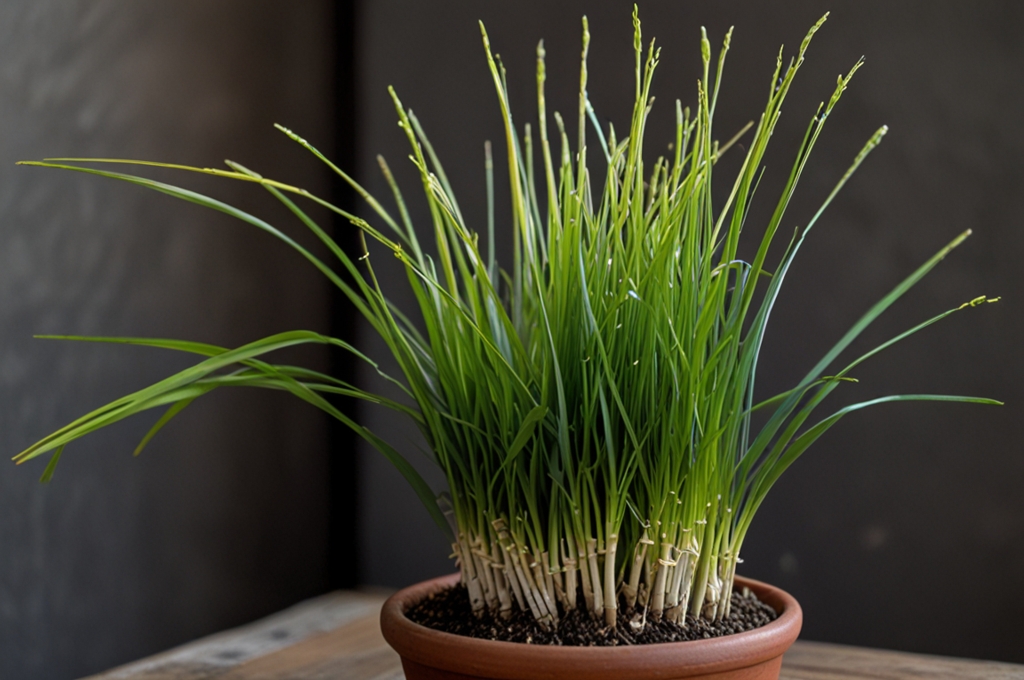
8. Catnip (Nepeta cataria)
Catnip might attract your feline friends, but it drives mosquitoes away. Studies show it is one of the most vigorous mosquito repelling plants, which can be even more effective than DEET.
- Grow in Containers or wildflower patches
- Note: You may invite neighborhood cats!
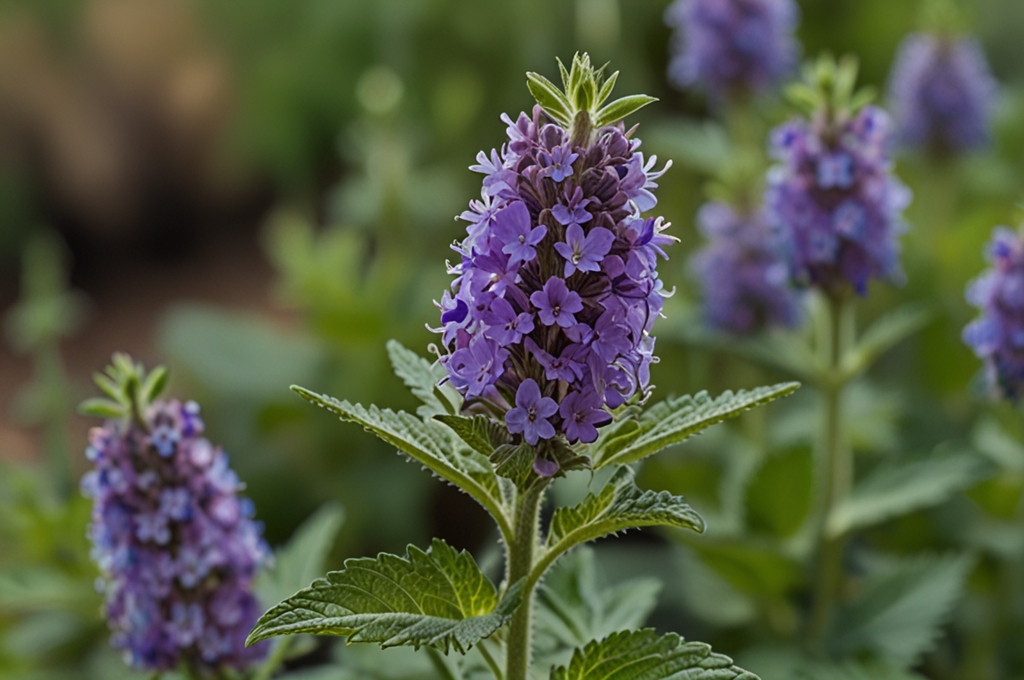
9. Scented Geraniums (Pelargonium citrus)
Often marketed as “mosquito plants,” these geraniums emit a citronella-like scent that mosquitoes hate. Their colorful blooms and decorative foliage are a beautiful way to fight pests.
- Excellent for Hanging baskets or patio containers
- Maintenance: Pinch back for fuller growth and a more pungent fragrance.
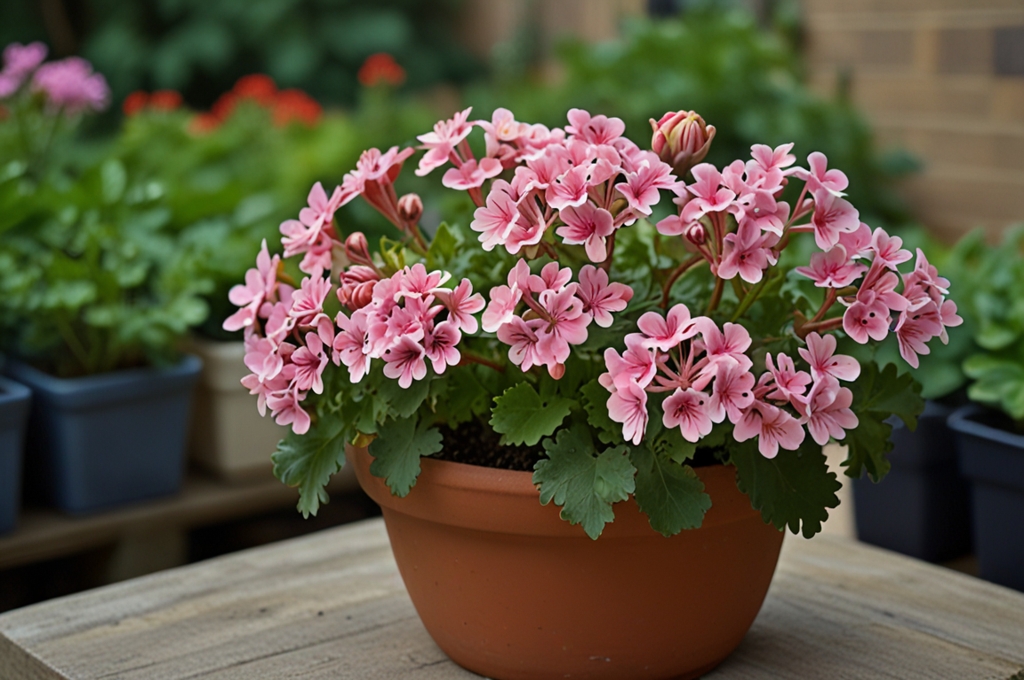
10. Eucalyptus (Eucalyptus spp.)
Eucalyptus’s strong aroma is too intense for mosquitoes to handle. Its essential oil is widely used in natural repellents.
- Grow in Large pots or directly in the ground (in warm climates)
- Use: Leaves or oil for DIY bug spray
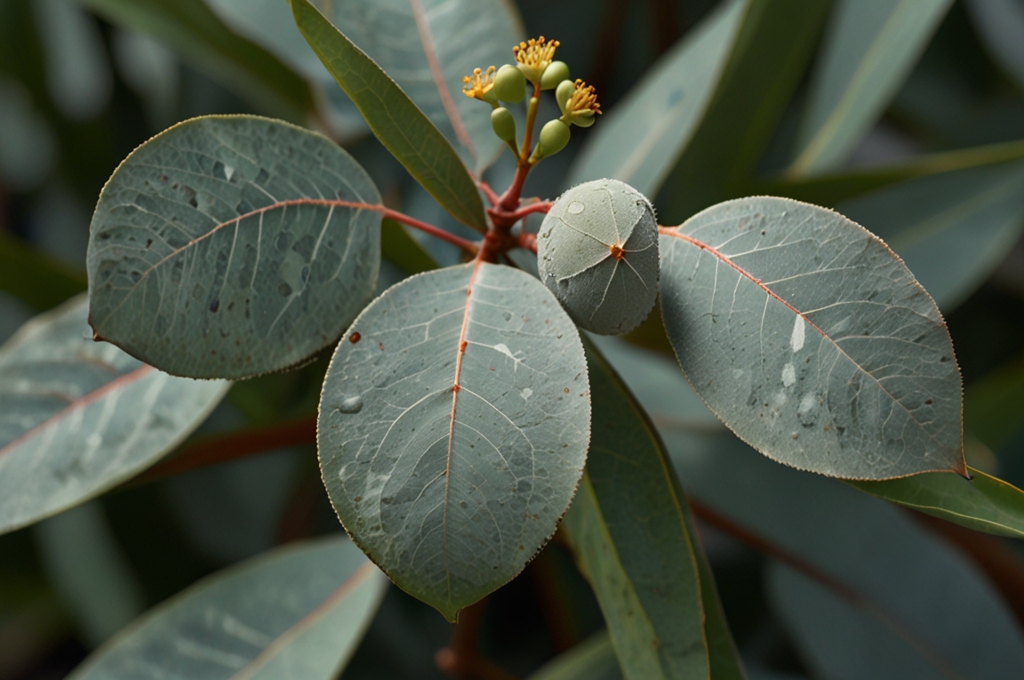
11. Lemon Balm (Melissa officinalis)
Rich in citronellal and other aromatic compounds, lemon balm is a top pick among mosquito repelling plants. It’s also known for its calming effect when used in tea.
- Perfect for: Shady spots or container gardens
- Warning: Can spread aggressively if not contained
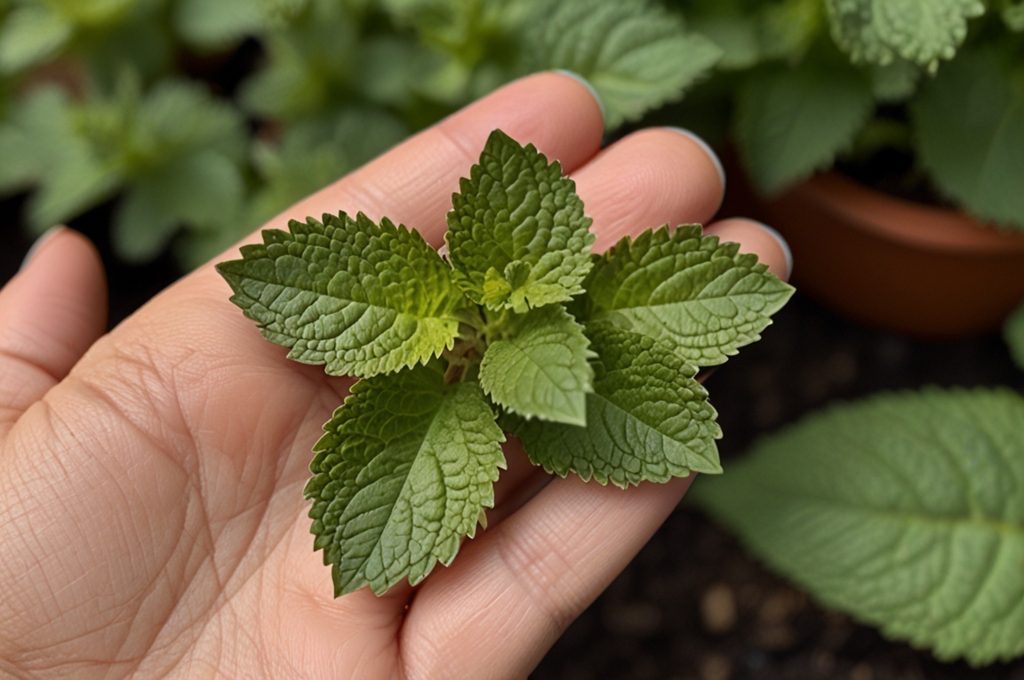
12. Bee Balm (Monarda)
This native North American plant repels mosquitoes while inviting bees and butterflies. It’s a bold, colorful addition to any pollinator garden.
- Thrives in Sunny gardens with good drainage
- Fun fact: It is also called wild bergamot and is used in herbal teas
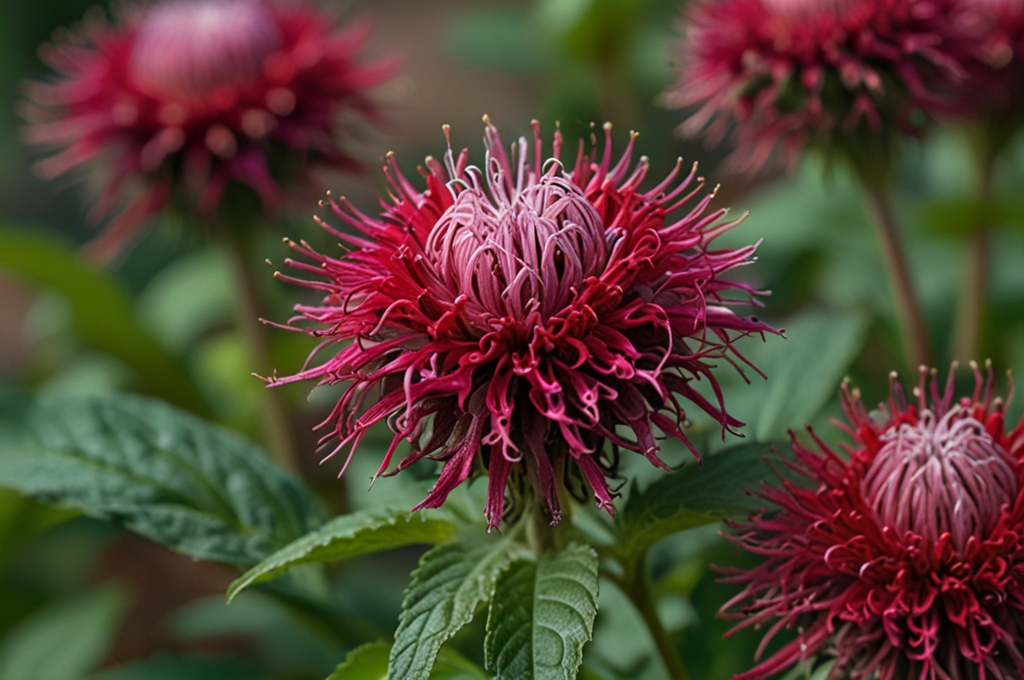
Design Your Mosquito-Free Zone: Smart Planting Tips
To get the most out of your mosquito repelling plants, follow these tips:
- Plant in clusters: Group similar plants together to amplify their aroma.
- Crush the leaves: This releases essential oils into the air.
- Strategic placement: Place pots near seating areas, doorways, and windows.
- Combine with other methods: Use citronella candles, mosquito nets, and fans for a complete defense.
More Than Just Pest Control
Beyond their practical use, mosquito repelling plants can transform your garden into a lush, sensory-rich environment. Many of these plants also:
- Improve air quality
- Attract pollinators like bees and butterflies
- Provide herbs for cooking and teas
- Offer therapeutic benefits like relaxation and stress relief
Final Thoughts
Mosquito season doesn’t have to drive you indoors. By planting a variety of these natural repellents, you’ll create a garden that’s not only beautiful and fragrant but also functional. Whether in a warm coastal region or a temperate backyard retreat, incorporating mosquito repelling plants is an innovative, sustainable way to reclaim your space.
So go green—and say goodbye to mosquitoes the natural way.
Disclaimer
This article is for informational purposes only and does not constitute medical or professional advice. While mosquito repelling plants can help deter mosquitoes, they may not provide complete protection. Always consult with a gardening or pest control professional if you have concerns about mosquito infestations or plant safety, especially around pets and children

